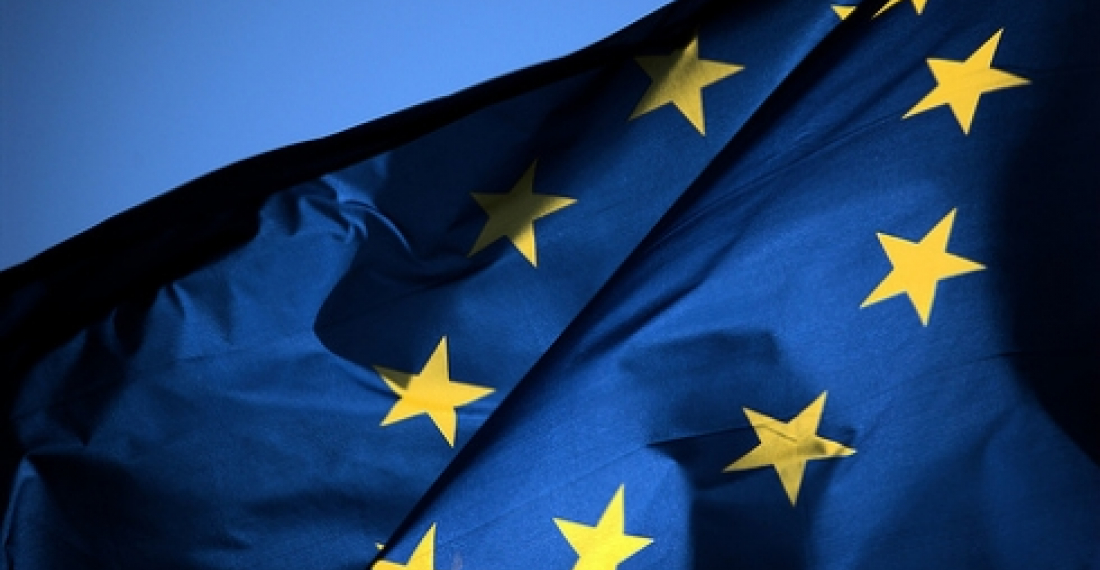On August 11-12, 2012, the representatives of the "European Movements" of Armenia, Azerbaijan and Georgia, together with the "European Movement International" (EMI), met in Tbilisi, Georgia. After having jointly analysed the situation of the South Caucasus region and the ways in which the prevalent conflicts, especially Nagorno Karabakh, negatively affect its populations and states, they have agreed to work together towards a shared vision of their common future.
In a statement posted on the EMI website, the organisations of the "European Movement" in Armenia, Azerbaijan and Georgia reaffirm their belief that the peaceful resolution of such conflicts is the only acceptable path and thus call on the authorities to put all the necessary efforts into peace building. They recognise the economic, social and political problems caused by the existing conflicts on every side of the dividing lines, and the need for all sides to withdraw from the current rhetoric that leads to hatred; and are firmly convinced that the peaceful resolution of the conflicts would contribute in tackling the current democratic shortcomings and improve the situation of human rights in the entire region.
More specifically, the organisations of the "European Movement" have agreed to continue this dialogue with a follow up meeting in Baku, Azerbaijan, this upcoming November. They have also agreed to jointly promote people-to-people exchange, thus contributing to a better mutual understanding. Last but not least, the "European Movement" organisations of the South Caucasus have decided to jointly develop projects aimed at promoting friendship and peace in the region, such as an internet-based video channel called “Peace TV,” a joint electronic newsletter and visually impacting actions which cross the border lines.
In a statement issued at the end of their meeting in Tbilisi, The "European Movement" stated that it understands the complexity and sensitivity of the existing conflicts, and is aware of the difficulties and obstacles that it will face in the journey that it will now initiate. At the same time, the Movement's organisations in Armenia, Azerbaijan and Georgia believe that standing and working together is the best way to face these obstacles and the approach most likely to be successful; they invite all interested EMI Members to support their efforts, and to exert pressure over the EU institutions to show deeper commitment and engage more decisively in the peaceful resolution of the conflicts.
source: commonspace.eu with EMI
Commentary
European ideals unite Armenian and Azerbaijani civil society activists







